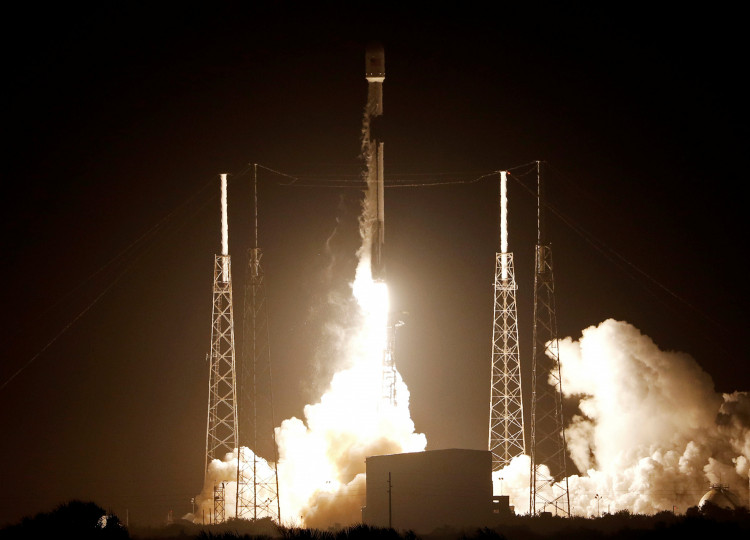Europe is mounting a long-delayed and serious challenge to the reusable rocket business model pioneered by SpaceX that is driving its own space launch companies out of business.
While he was still ArianeGroup CEO, Alain Charmeau warned that SpaceX is going to "kick Europe out of space" unless Europe does something about this -- and fast. Charmeau retired March 31 and his successor, André-Hubert Roussel, is expected to continue along the route Charmeau has charted simply because ArianeGroup has no choice but to match SpaceX in the reusable launch business.
Doing so will be the only way for ArianeGroup to compete, even weakly, against SpaceX, which is the market leader hands down. The success of SpaceX in dominating the multi-billion dollar space launch market is all due to the much, much lower launch costs it charges customers.
Booking a ride on a new Falcon 9 rocket rides costs $62 million while rides on Falcon 9 equipped with reused rockets are going for as low as $50 million. That's less than half the cost of launch on the heavy-lift Ariane 5 for dual launches to geostationary transfer orbit.
Apart from the Ariane 5, ArianeGroup has the Soyuz-2 as a medium-lift alternative and the solid-fueled Vega for lighter payloads. ArianeGroup was founded in 1980 as the world's first commercial launch service provider and its defeat by newcomer SpaceX is a testimony to the folly of refusing to adapt to the realities of a much-changed marketplace.
Last month, the European Commission (EC) announced a project to develop a pair of "reusable upright-landing" rockets that might theoretically compete with SpaceX in the reusable rocket market.
The EC has set aside a measly $3.4 million for this project is awarded to the German Aerospace Center and five privately held companies: MT Aerospace from Germany, Amorim Cork Composites from Portugal, Spain's Elecnor Deimos and CFS Engineering and Almatech, both of Switzerland.
These six organizations will work together to develop technologies for reusable rockets that will land upright just like SpaceX launch vehicles.
The EC calls this project "RETALT" (for RETro propulsion Assisted Landing Technologies).
It's giving the team three years to accomplish its mission. At the end of this time span, the RETALT consortium should have two rocket models: a two-stage version similar to SpaceX's Falcon 9 where only the first stage will be reusable.
The second version will be a single-stage-to-orbit reusable rocket for delivery of smaller payloads. SpaceX has no reusable rocket in this category.
Industry observers scoff at the paltry sum set aside by the EC for RETALT. In comparison, SpaceX spent nearly $400 million designing and developing its reusable Falcon 9 rocket. It spent another $500 million to develop Falcon Heavy.





